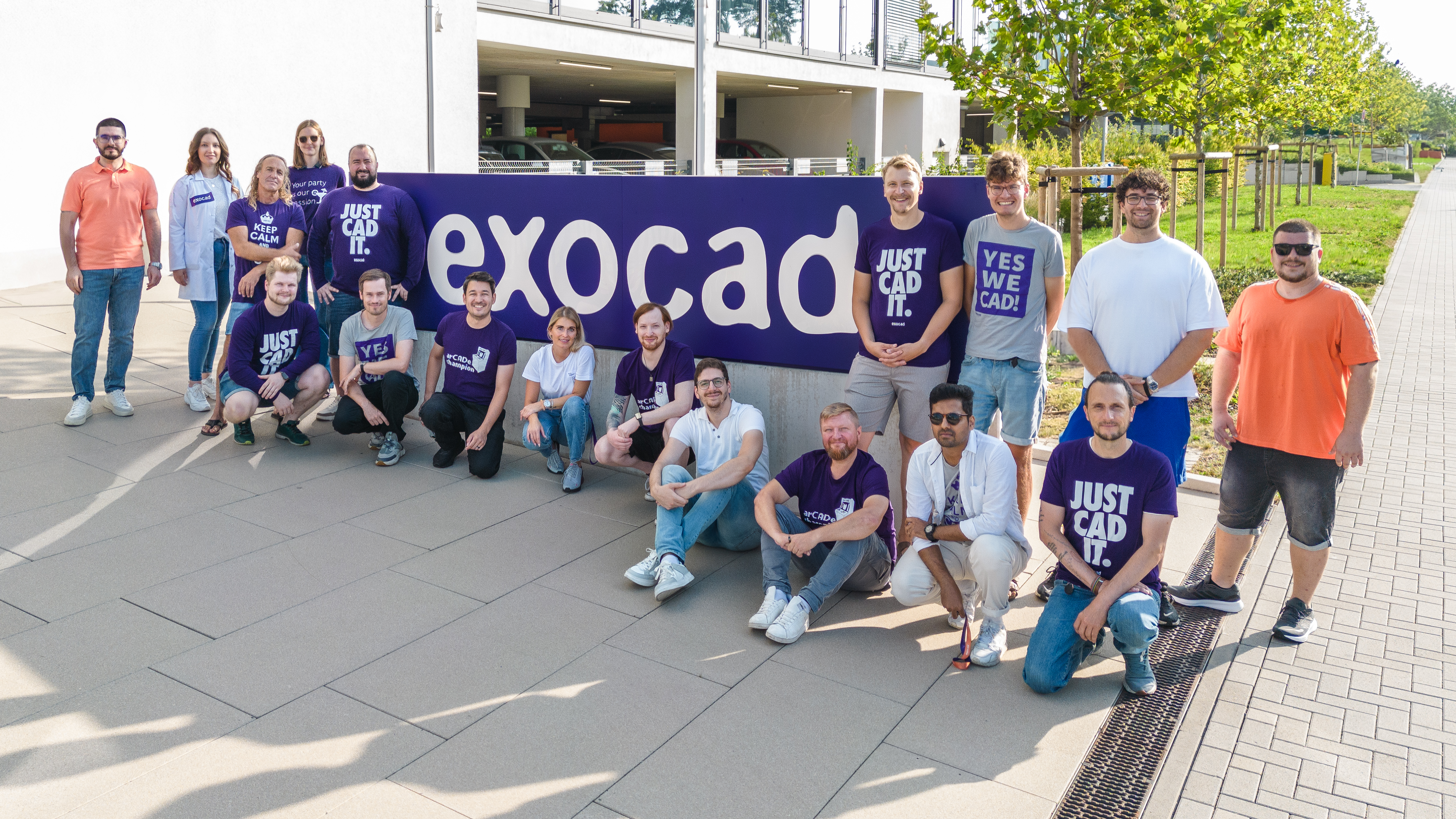
Technology Integration ServicesWe help you to integrate libraries and hardware into our software systems. | |
Abutment ComponentsLibraries for CAD-prosthetics, stock abutments and multi-units. | |
Model ComponentsLibraries for attachments, plate components and lab analogs. | |
TeethLibraries for dentures. | |
Lab EquipmentIntegration of 3D printers, articulators, scanners and milling machines. |
FAQsAny questions? Visit our FAQs! | |
Implantology ComponentsLibraries for implants, sleeves, kits and pins. | |
MaterialsBlocks and discs for milling, as well as resin for 3D printing. | |
Third-party SoftwareIntegrate and connect your applications. | |
Post and CoreWant to know more about the first exocad-developed Post and Core libraries? |
The Technology Integration team is committed to providing top-notch services and fostering strong partnerships. We're here to support you every step of the way!
